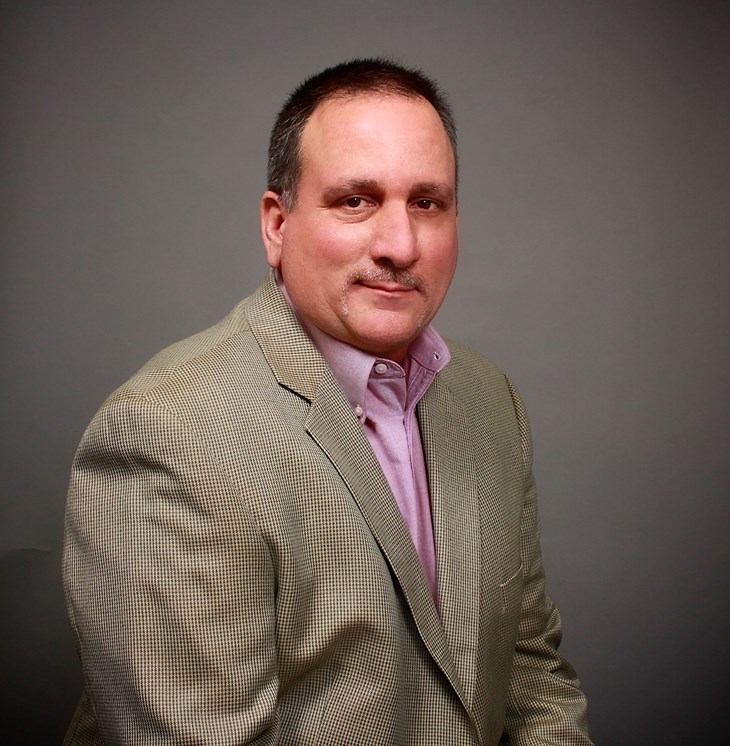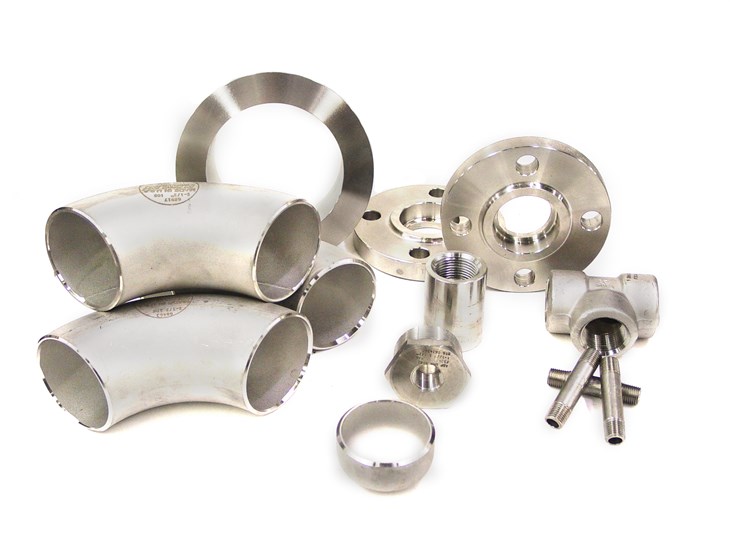Ardoin has been in the refining industry for 33 years. He specialized in maintenance for the first 20 years, before moving on to procurement services where he was responsible for materials and services for Conoco and then ConocoPhillips. When Phillips 66 was created from the downstream assets of ConocoPhillips, he was asked to take the role of Category Manager for General Maintenance Supplies (MRO).
“In this role I am responsible for all of our corporate agreements around maintenance supplies or MRO type materials, so it is the high-volume and low-dollar type material we use on a daily basis such as valves, gaskets, bolts, paint, bearings, seals, all those types of commodities. I negotiate contracts, how much we pay for a given commodity and how much we will pay for a given widget. My job is to streamline that process to drive automation.”
An efficient process
He explains that the general process for material acquisition is that a systems applications products (SAP) outline agreement is created and then loaded into the SAP program so when a valve, fitting or gasket is needed it can be found in the catalogue. Once the required material is selected, a work order is saved. Within half an hour the order generates a pick ticket within the supplier’s warehouse. Then a worker pulls the material and within four hours it is sit- ting onsite ready for use. In some instances, when a certain amount of money is spent with a specific vendor, that vendor may set- up a warehouse located inside the main warehouse to specifically allocate supplier provided resources (SPR) to Phillips 66.
“We do our best to take human error out of the loop. It’s about letting the tools in our systems do what they are supposed to do: talk to each other. So even when they pull that material and it gets delivered to the plant, they use a scanner and scan the ma- terial in and then we automatically pay the vendor. Nobody pushes any buttons.”

Ensuring that this process is as efficient and as streamlined as possible does mean that his days are filled with lots of phone calls and emails. His role is all about respond- ing to the customers’ needs whatever may be required at any given time. He can nev- er really be sure what will happen from one moment to the next. For instance, he could have a customer in Billings, Montana ask for a quote on 26,000 feet of pipe, but need the pipe onsite, painted and coated in just a few months. He first has to find the requested material and for that he goes to the approved pipe, valves and fittings (PVF) distributor that Phillips 66 has a corporate agreement with. Then he has to ensure that the order can be filled and delivered within the desired timeline. He admits that meeting the customers’ needs in a timely manner is a constant challenge.
Customers are key
When asked who his customers are he is quick to answer, “The plants and the termi- nals. I’ve always called them my customers because if we don’t have folks like them then they don’t need someone like myself. My job is to make their lives easier, they are in the trenches everyday. For me, having spent many years in the trenches working in maintenance and as a welder, it’s easy for me to understand what they are going through. They don’t have to say it because I already know, so I do my best to try to make their lives easier so they can handle what is going on in the plants and the terminals.”
It is this client interaction he enjoys the most because he loves working with people and solving difficult problems such as figuring out how to bring on another project while already juggling half a dozen. He especially likes the added challenge of someone tell- ing him he can’t meet a certain deadline be- cause it just motivates him all the more to meet the deadline and show it can be done. This go-getting attitude certainly helps when negotiating with distributors and forming long-term supplier relationships.
Solid working relationships
Ardoin explains there are corporate agreements for all the commodities they use, such as valves, but in order for these agreements to be put in place, he needs to negotiate with the specific vendor. Most of the agreements he took over from his predecessor in May 2012, around the time Phillips 66 became a separate company from ConocoPhillips, but he still has to form new agreements and re-establish existing ones. He admits that finding distributors and vendors that are able to handle the sheer volume of their business can be a bit of a challenge.
“We are not a company that looks only at the price. You can shop around all day long and get a better price. Phillips 66 is looking at forming long-term relationships with our suppliers. That allows us to figure out a solution together if there is a problem. I interact with my suppliers and national account representatives on a daily basis by phone, text or email. It’s all about trying to head off challenges or opportunities. We’ve got several significant projects coming up over the next three to five years and we want to make sure that we have strategic relations set up so we can drive synergies to Phillips 66.”
He admits that the negotiation process isn’t always easy, but that honesty and integrity always help to make a smooth and successful negotiation. As an example, he details that during a recent negotiation, “I told my national account representative, ‘We’re friends, but you’re not going to like me while we are in the negotiation.’ Only 10 minutes into the negotiation he told me, ‘You were right!’ My job is to negotiate the best deal I can for Phillips 66 and whatever I sign up to do I take it passionately. And there are no friends in a negotiation. We had some challenges, but we came out and it was good. Our goal is to come out of this with a long-term relationship.”

Stainless steel
Strong vendors are especially important when it comes to stainless steel products, a commodity that Phillips 66 uses quite a lot of. He describes that the company uses stainless steel and other corrosion resistant alloys (CRAs) in many of their plants and refineries such as the systems for rotating equipment because there can’t be any rust in the oil that could possibly cause contamination. CRAs are also used in the hydroprocessing units because they are able to withstand the extremely high temperatures and pressures of the hydrogen without cracking.
The grades that were typically used in the past were 304 and 304L, but they were be- coming increasingly harder to acquire on a consistent basis. As a result, Ardoin and his coworkers have switched to using 316 and 316L because it is more available on a frequent basis. In the past, the mills would send either 316 or 316L, but they now have become much more efficient and send the material double-stamped so it can fit both 316 and 316L, which saves both time and money; a big help to companies like Phillips 66.
Looking ahead
Just some of the many upcoming projects that Phillips 66 has in the works include building their integrated transportation system, growing their natural gas liquids (NGL) operations and processing more advantaged crudes. There are also sever-al new pipelines, consisting of hundreds of miles of pipe, being built by their midstream joint venture, DCP Midstream. As a result of these future projects, Ardoin expects he will be procuring roughly the same materials he is now, only a lot more of everything.
In addition to this challenge, he also sees that the new projects will require lots of labour, which could potentially be a problem since a lot of workers his age or older are looking to retire over the next few years. If there isn’t a backfill of employees ready to take over, there could be the risk of a labour shortage. Phillips 66 sponsors many vocational training programs, especially around their refineries, that help train new workers so they will be ready to step in when others retire.


